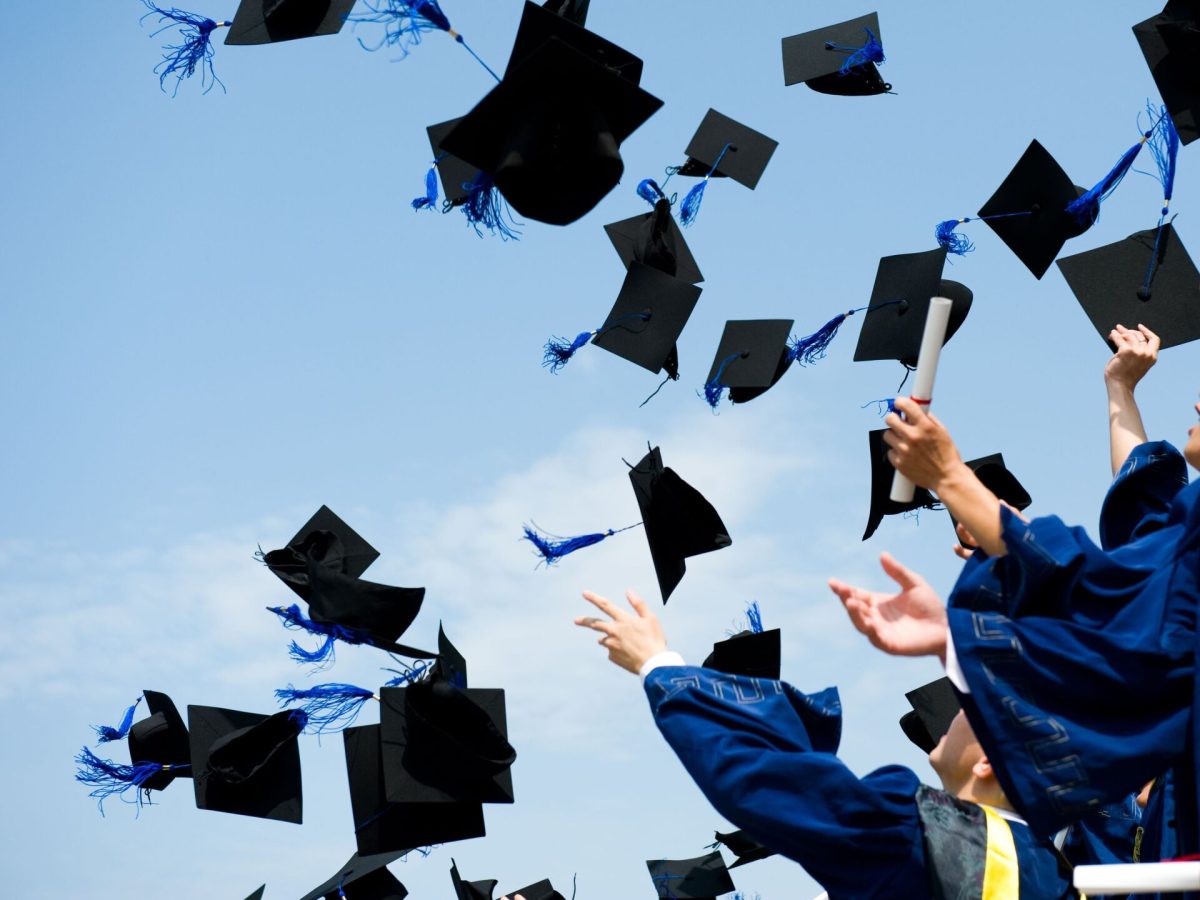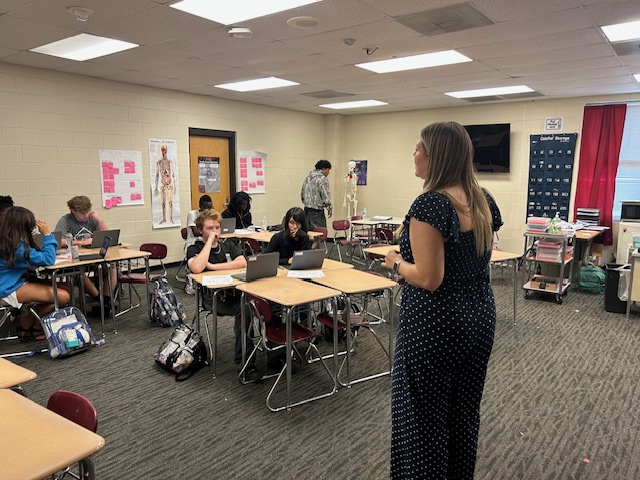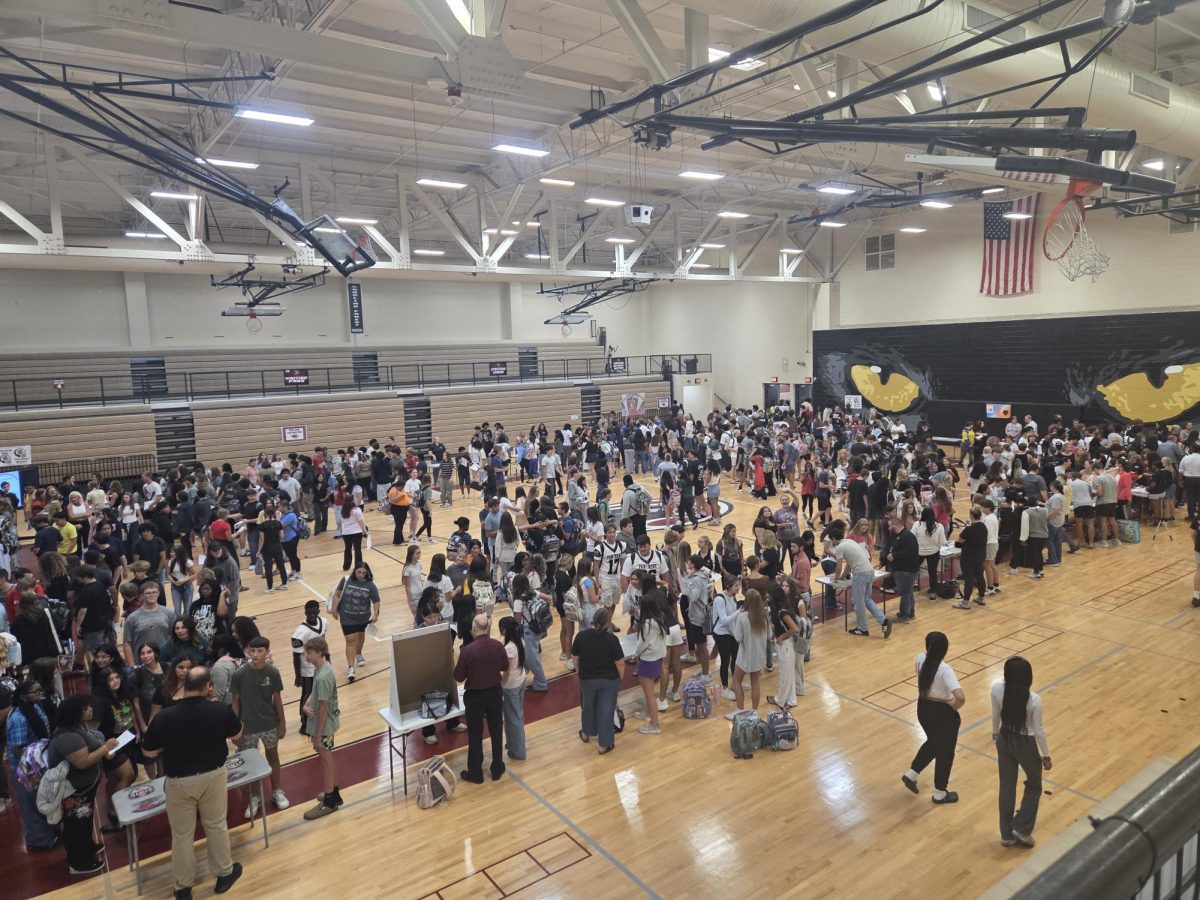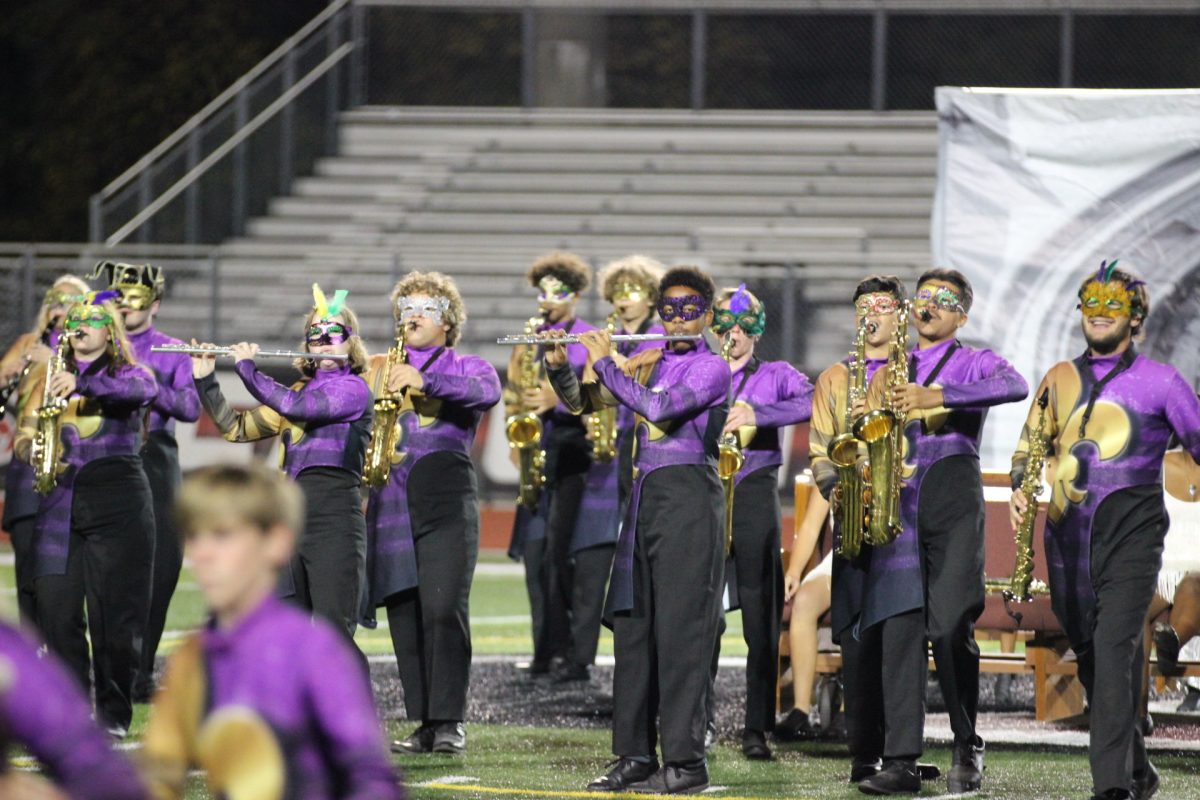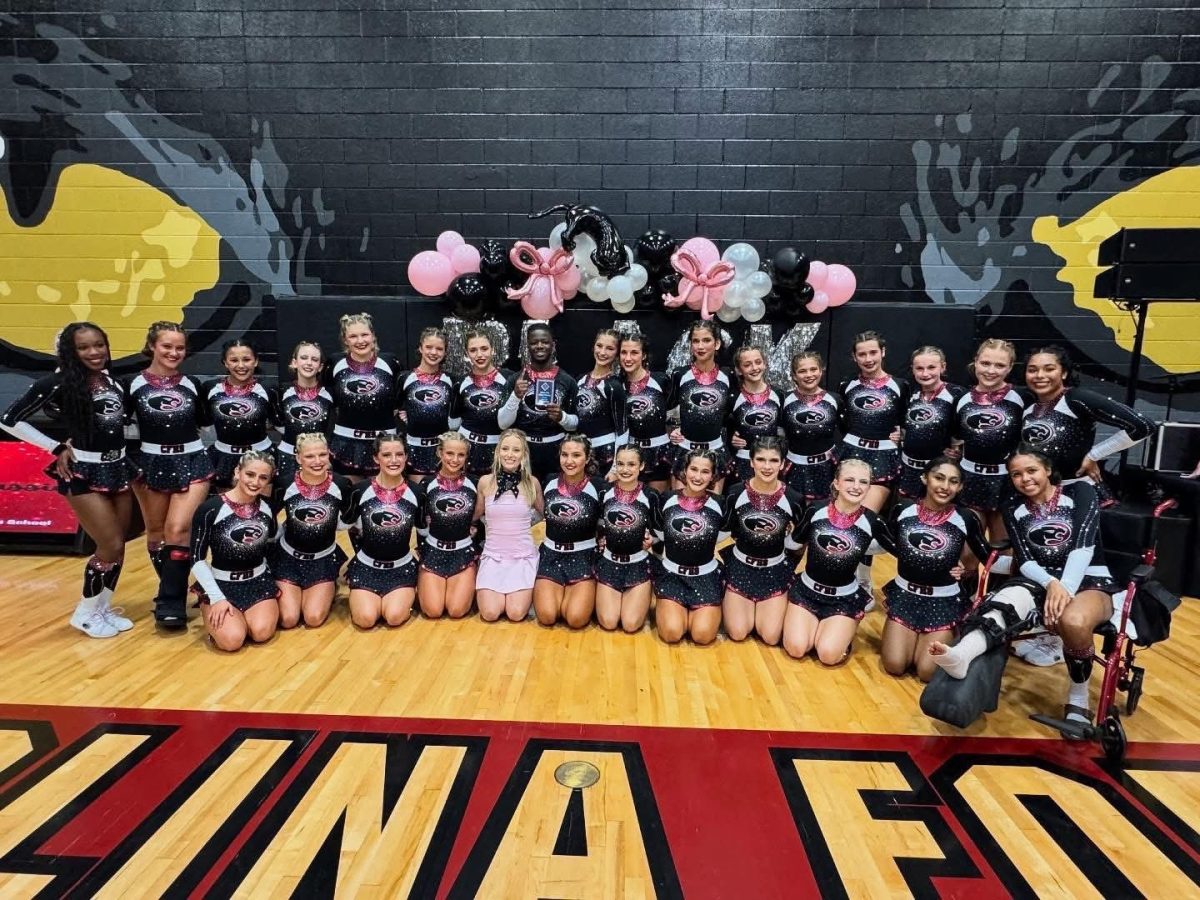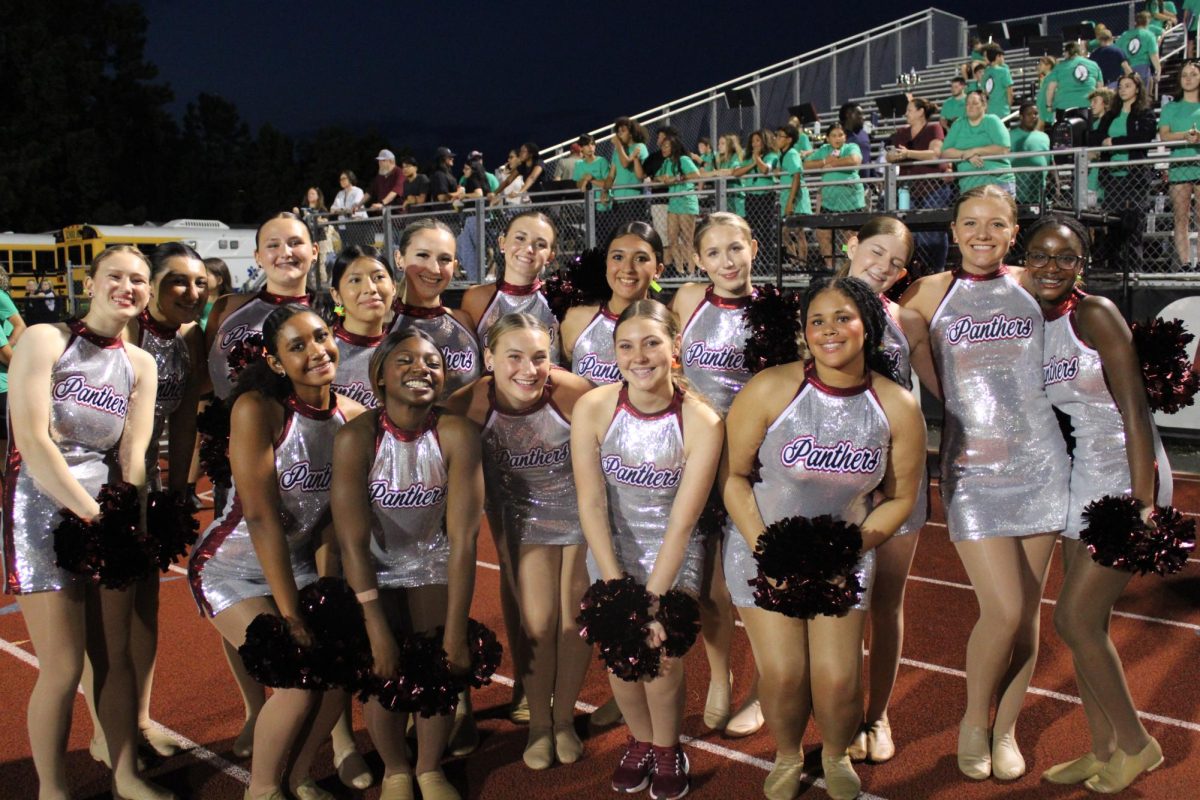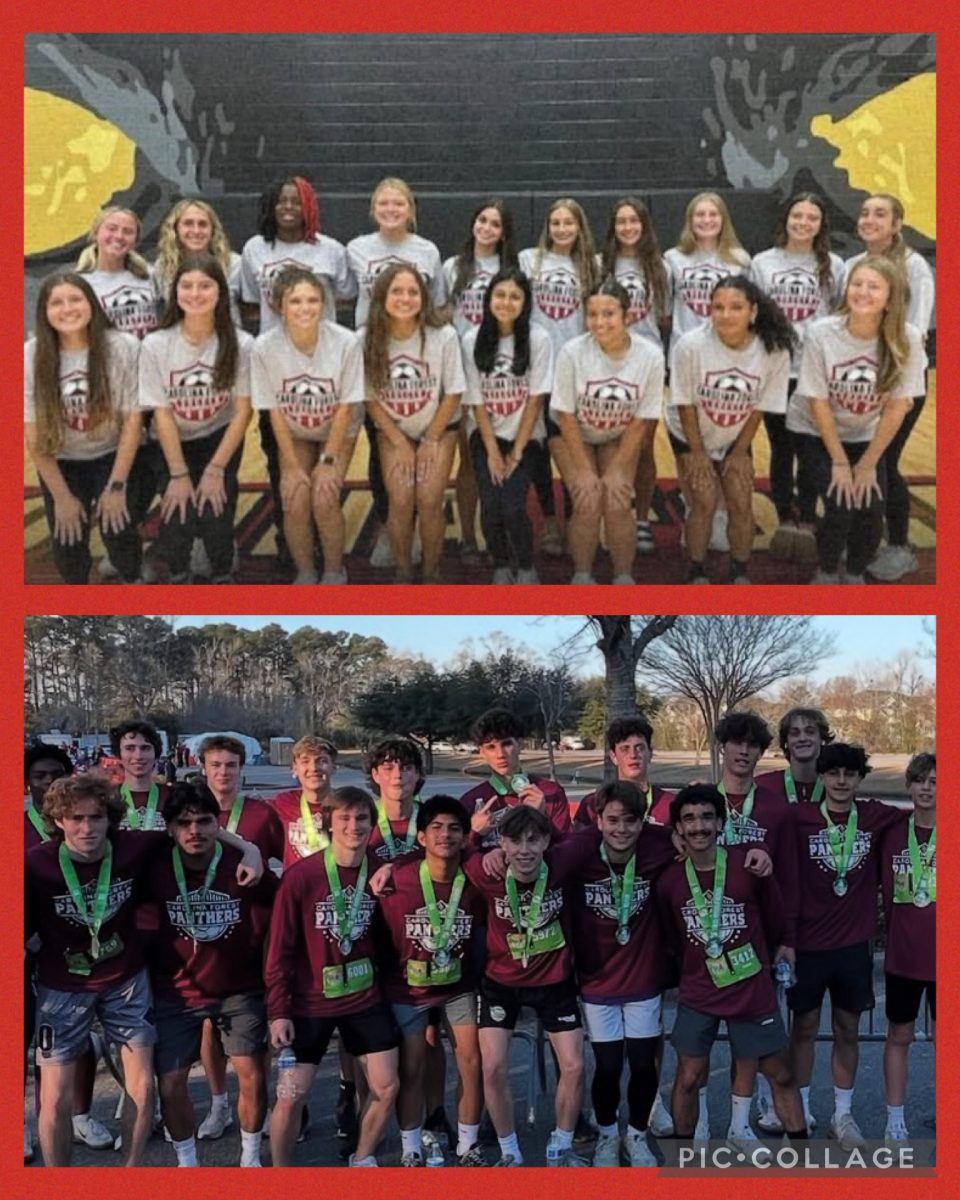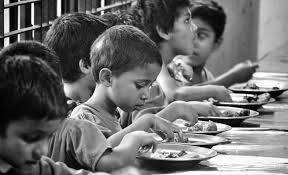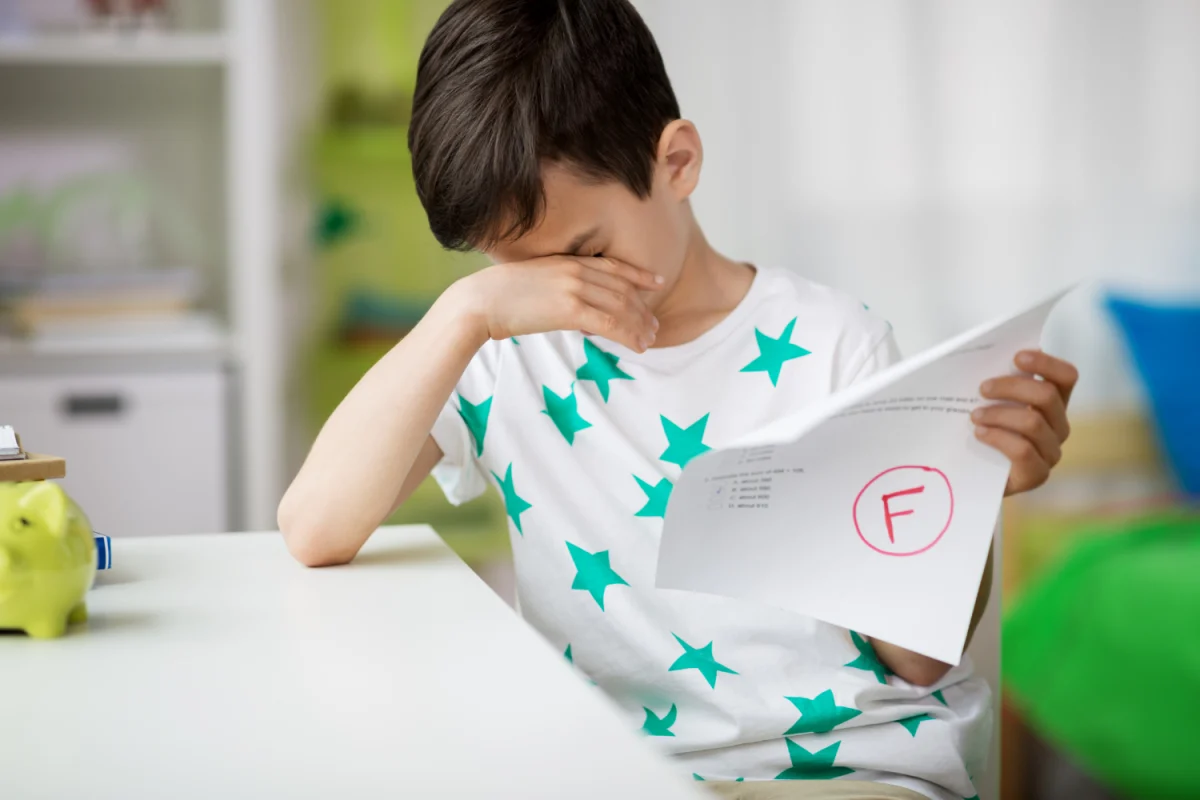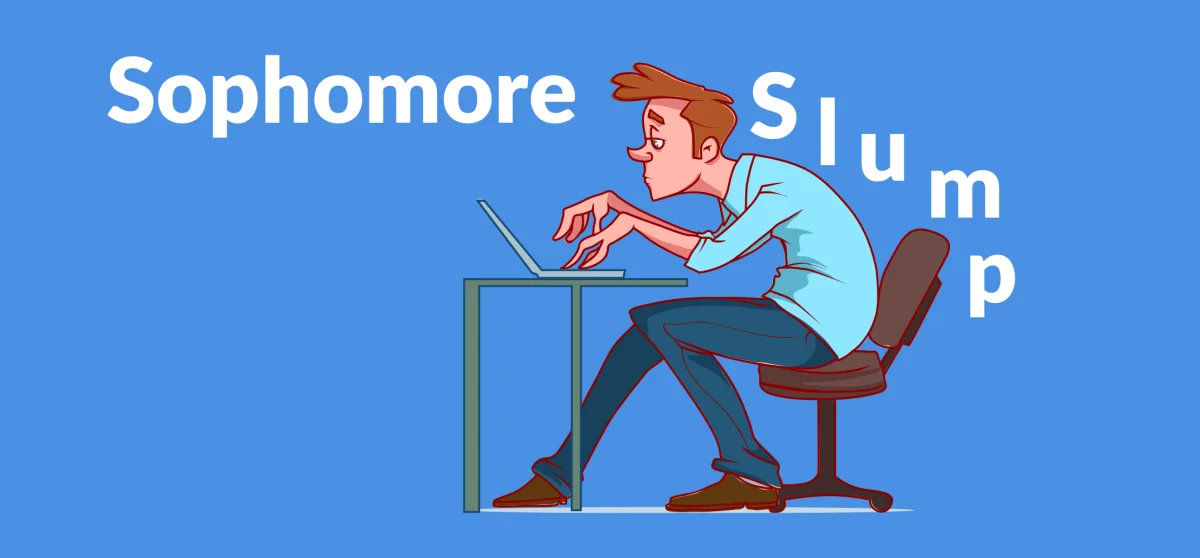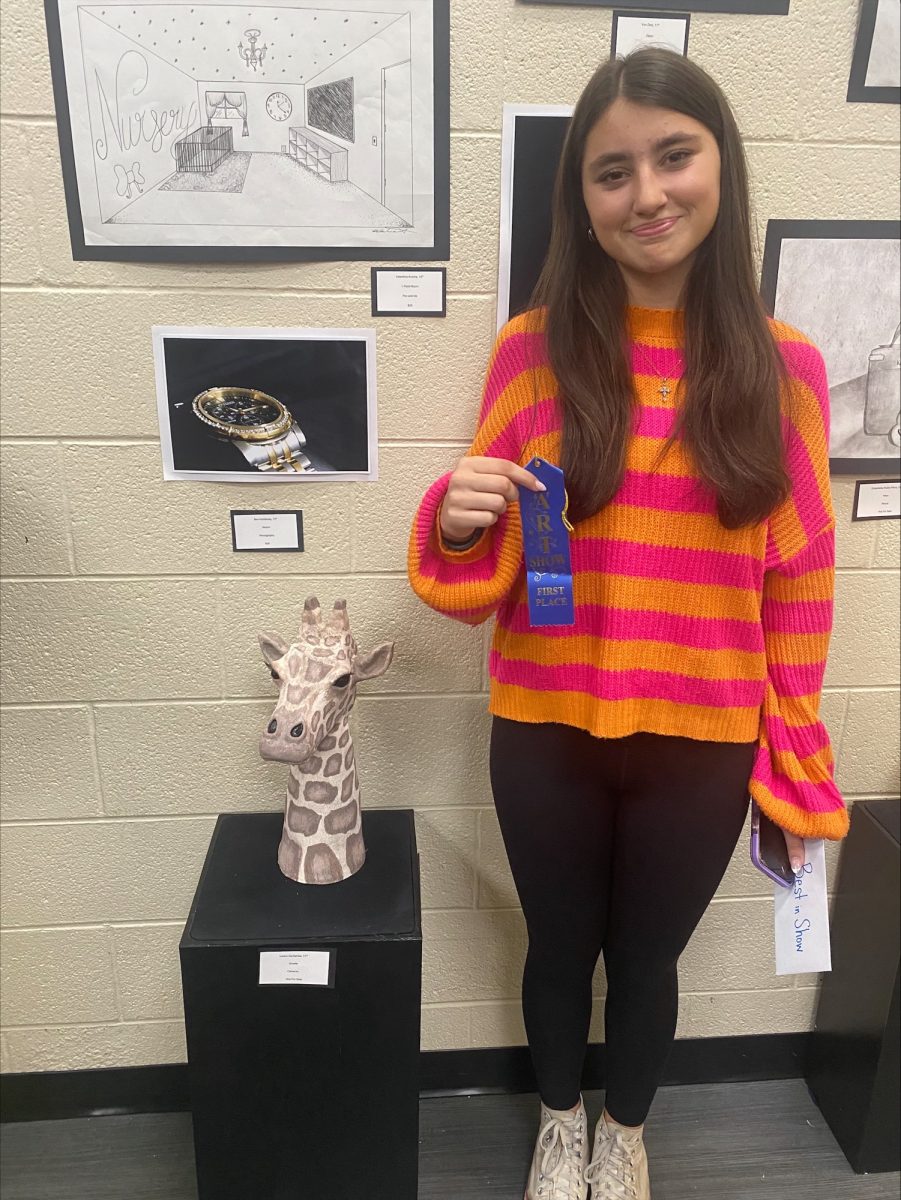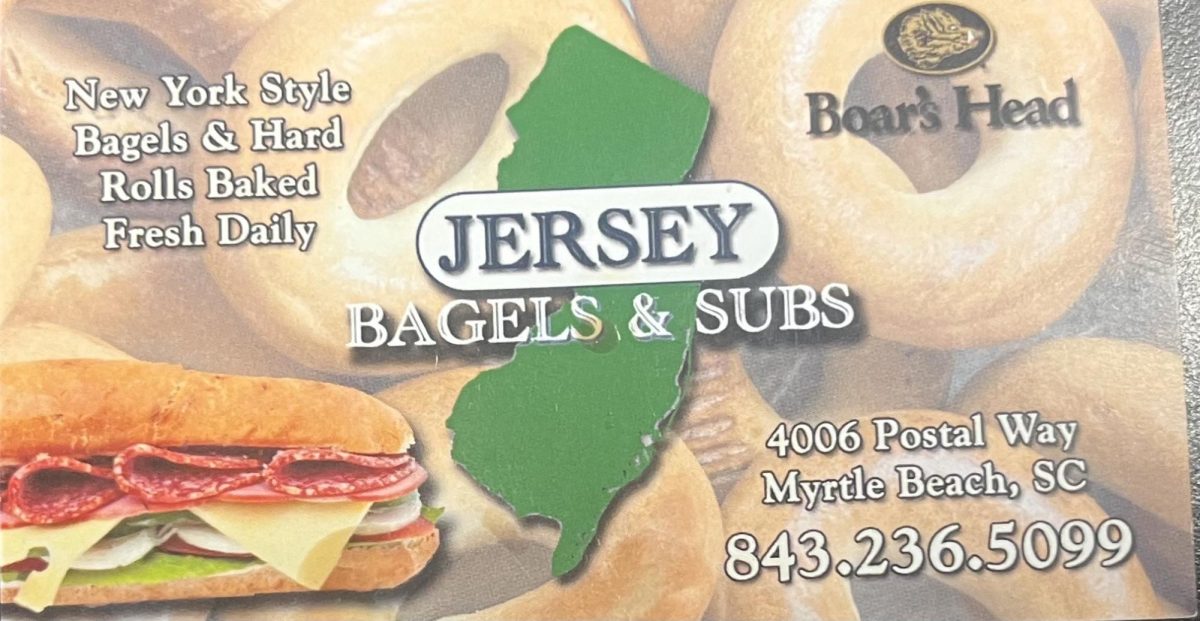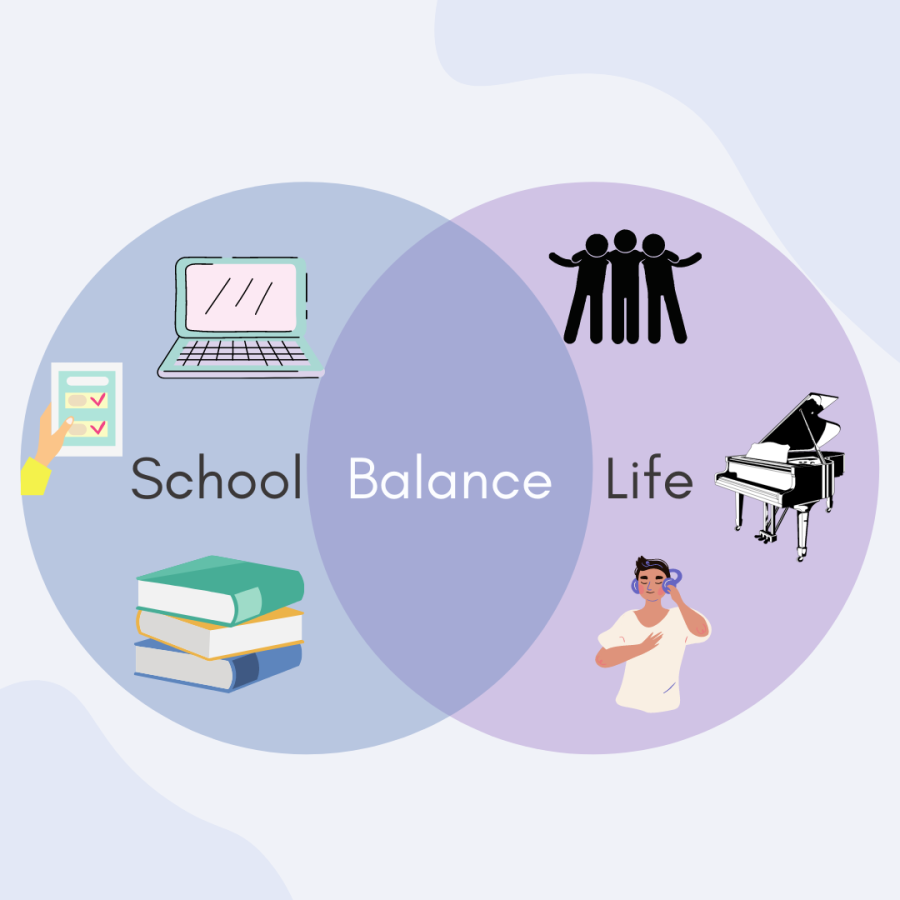As a student, it is vital to consume knowledge when studying and when doing homework. The dilemma here is what is being eaten while doing necessary work for school. It is evident enough that it should boost brain activity, but how is it broken down according to professionals?
There are many studies and lists done on the do’s and don’ts of brain food. One such article is from the Villanova University: Office Of Health Promotion.
Villanova University advises: “Eat small, frequent meals” and “avoid caffeine.” This is against contrary belief but important because while it boosts your energy for a period of time, there is a rather quick drop off.
What To Eat:
Now what should be eaten when there is a need to focus?
In an interview between Forbes and Dr. Lisa Mosconi, an Associate Director of the Alzheimer’s Prevention Clinic at Weill Cornell Medical College, it is made inherently clear that “diet plays a clear and determinant role in every aspect of brain function, literally shaping our thoughts, actions, emotions, and behaviors.”
Dr. Mosconi goes on to list what she finds to be the best brain foods after studying this subject.
To list a few:
- Dark leafy greens
- Berries
- Water
- Raw cacao
- Caviar
Healthline is in agreement with the listed foods. In fact, berries are the first food on their list. They add in mostly vegetables and other fruits that could be consumed.
After conducting a survey, it was deduced that these are the foods that most students eat.
Royaisha Draughn, a freshman, comments that, while studying, she typically eats, “dark chocolate, fruit, yogurt, berries, nuts, boiled eggs, and veggies and hummus,” most of which are the recommended foods to consume when using your brain.
Draughn adds, “Eating the right foods during studying can help me maintain focus.”
Sophomore Aleigha Belden, while she doesn’t eat often when studying, commented that she also tends to focus on her studies better when having something to eat.
What Not To Eat:
Knowing what foods improve your comprehension while studying is important, but it’s also important to be aware of what to avoid.
Dr. Uma Naidoo, a nutritional psychiatrist at Harvard Medical School, created a list of the types of foods that should be avoided on the CNBC website. Naidoo starts off with the obvious: “Foods made with industrial and processed seed oils.”
Healthline repeats a lot of the same items, adding refined carbohydrates (carbs) and foods that are high in trans fat.
To add a few more from that list:
- Sugary Drinks
- Highly Processed Foods
- Aspartame
- Alcohol
- Fish High in Mercury
Most students from the survey seemed to agree that they stay away from foods that crumble easily and are sticky. Quite a few students, for example, do this in order to avoid distractions and messes.
In conclusion, the foods we consume play a significant role in our ability to focus, retain information, and stay energized while studying. Students needs to make mindful eating choice to help support physical health and academic success.

